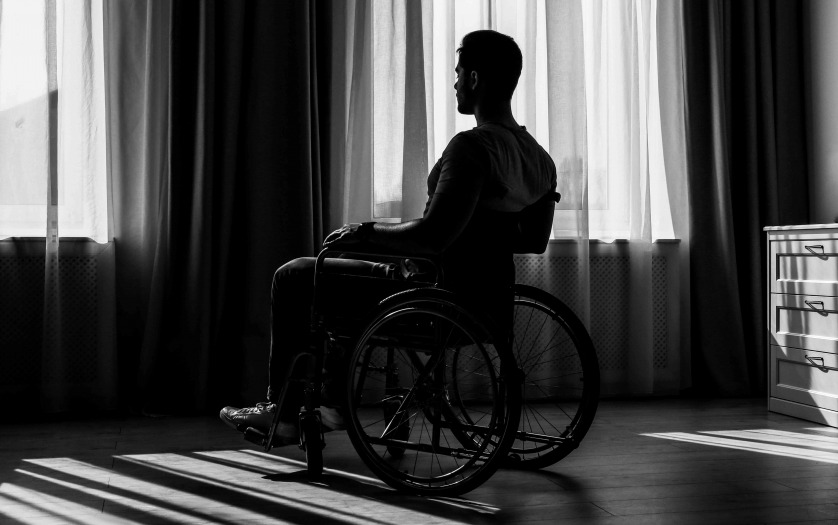
The Royal Commission into Violence, Abuse, Neglect and Exploitation of People with Disability has released an Overview of responses to the Violence and abuse of people with disability at home Issues Paper.
The Issues paper was released on 20 December 2020 and invited the public to share information with the Royal Commission to help us better understand violence against, and abuse, neglect, and exploitation of, people with disability at home.
The Royal Commission was told violence and abuse at home is often perpetrated by a range of people including partners, parents, carers, support workers and co-residents. Respondents also stated that while people with disability are disproportionately impacted by violence in the home, these incidents are commonly hidden from view, misunderstood and mischaracterised.
According to the responses:
- People with disability experience specific forms of abuse, including interference with mobility aids, equipment and medication, use of restrictive practices, reproductive abuse and threats to withdraw essential care and support.
- People with disability who experience violence in the home often do not have access to information about where and how to seek support.
- Women with disability are particularly at risk of experiencing financial abuse, deprivation of basic needs and insults intended to cause shame or humiliation.
- People with disability often experience multiple forms of violence and abuse simultaneously.
- Children with disability are at greater risk of violence and abuse in the home than children without disability.
- Respondents also told the Royal Commission about some of the barriers people with disability face when seeking help. These include places of shelter being inaccessible by not accommodating an assistance animal, a lack of wheelchair accessibility or an absence of interpreting services.
Respondents proposed a wide range of changes, including:
- the legal definitions and scope of domestic and family violence should be altered to include abuse by support workers, unpaid carers, housemates, co-residents, prisoners and wider First Nations kinship networks
- further funding should be provided to domestic and family violence services so they can better accommodate and support people with disability
- the National Disability Insurance Agency (NDIA) should prioritise requests for people with disability who need urgent support where safety is an issue
- education programs for people providing support to people with disability (both paid and unpaid) so they can recognise, report, and prevent violence and abuse.








